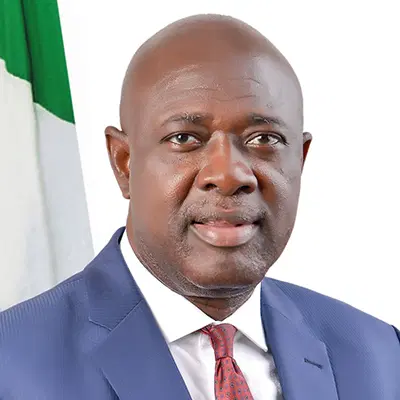The Federal Government’s ambitious fiscal reforms in the oil sector have successfully attracted more than $50 billion in investments, with at least $20 billion coming from a single investor impressed by the new fiscal incentives.
Dr. Heineken Lokpobiri, Minister of State for Petroleum, announced this development during a media chat with editors in Abuja on Tuesday. He stated that Nigeria aims to boost oil production to at least three million barrels per day, significantly increasing the country’s oil revenue.
Lokpobiri noted that many companies that previously exited Nigeria due to unfavorable operating conditions are now returning to the oil industry, thanks to the solid reforms being implemented.
He emphasized the government’s goal of achieving self-sufficiency in oil production, positioning Nigeria as a reference point within the Organisation of the Petroleum Exporting Countries (OPEC). To achieve this, he mentioned plans to unlock many capped oil wells in the Niger Delta.
“We now have peace in the Niger Delta, partly due to President Buhari’s decision to appoint an Ijaw man as petroleum minister,” Lokpobiri stated. He assured that the government is committed to enhancing the lives of Nigerians through effective policies.
The minister highlighted Nigeria’s current OPEC quota of approximately 1.4 million barrels per day, expressing a desire to raise production output for energy sustainability.
Lokpobiri reiterated that the current deregulation policy adopted by the Nigerian National Petroleum Company Limited (NNPCL) is essential for attaining energy security. He pointed out that the NNPC cannot continue importing products at subsidized rates while accumulating significant debts.
“This issue of deregulation was a major campaign point for all presidential candidates, who agreed that fuel subsidies must be removed. When this government took office, there was no provision for subsidies,” he explained.
To ensure that petroleum products are readily available and affordable, the government is committed to supporting local refineries, including Dangote, and collaborating with stakeholders to resolve ongoing industry challenges.

